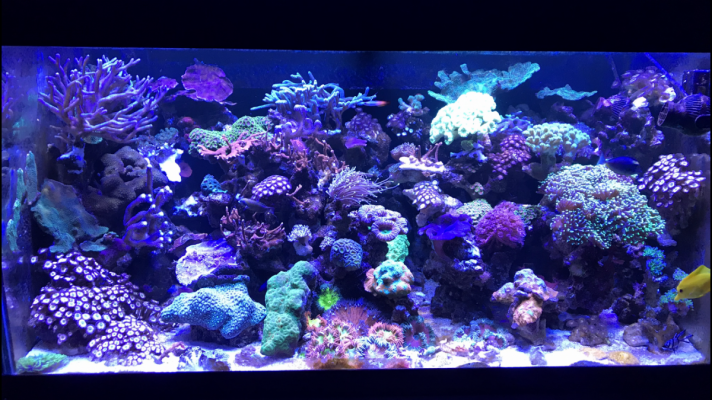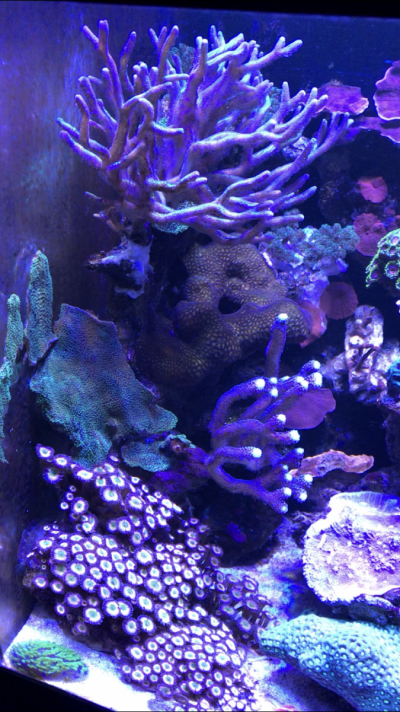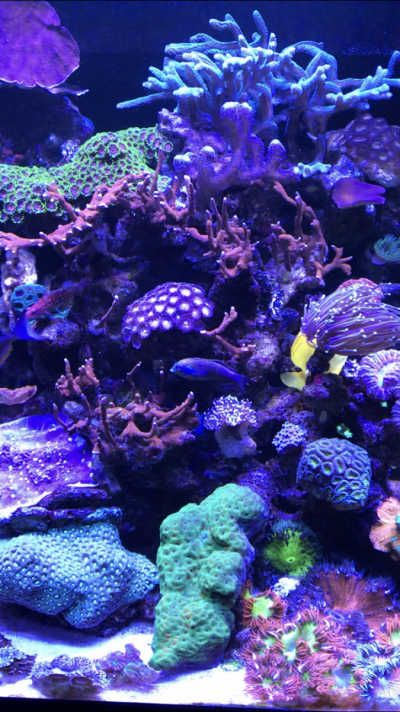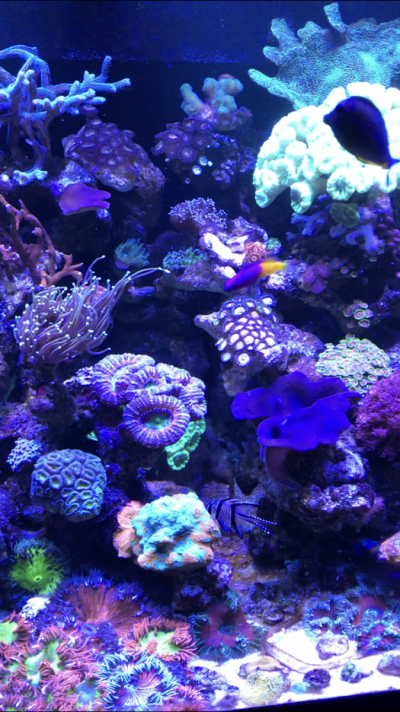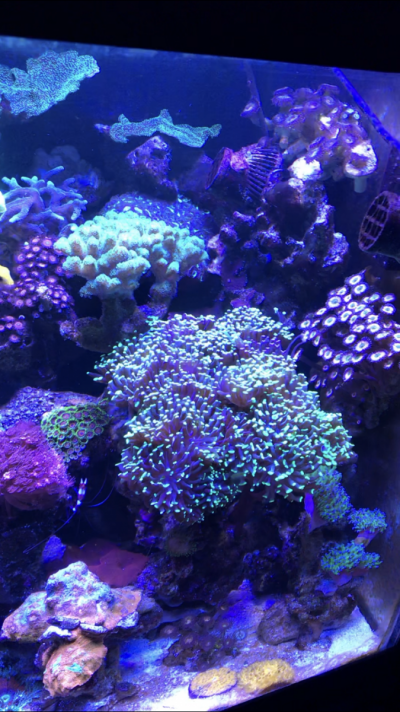We test too much.
Test what you cannot see. Your eyes often tell you if you are stable or not. If you are losing alk after a water change, consider switching to a salt mix that mixes closer to your desired levels. If you have high consumption because you have heavy sps then supplementing may be inevitable. That is not the OP's issue so contextualizing the suggestions is important.
On the other hand, if you enjoy testing, being proactive, please continue. Sometimes doing the testing routine is therapeutic. That also doesn't sound like the OP.
Test what you cannot see. Your eyes often tell you if you are stable or not. If you are losing alk after a water change, consider switching to a salt mix that mixes closer to your desired levels. If you have high consumption because you have heavy sps then supplementing may be inevitable. That is not the OP's issue so contextualizing the suggestions is important.
On the other hand, if you enjoy testing, being proactive, please continue. Sometimes doing the testing routine is therapeutic. That also doesn't sound like the OP.




